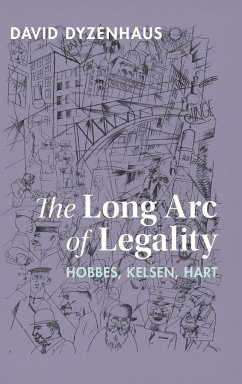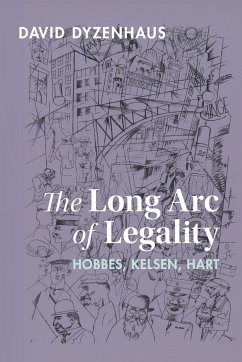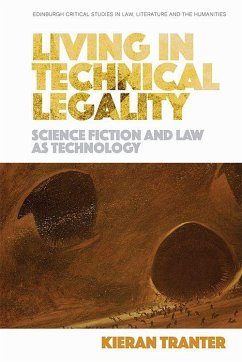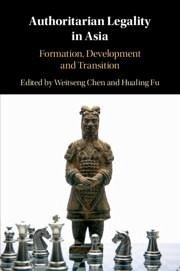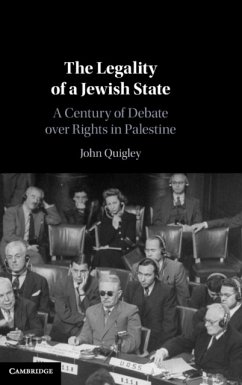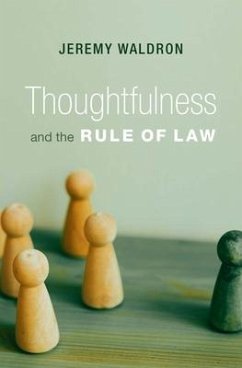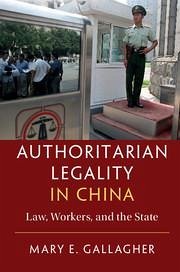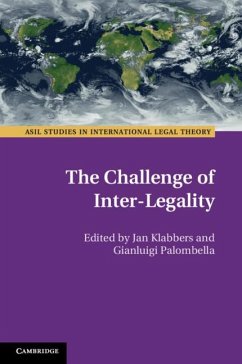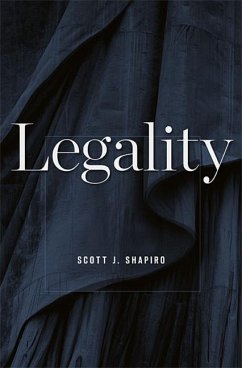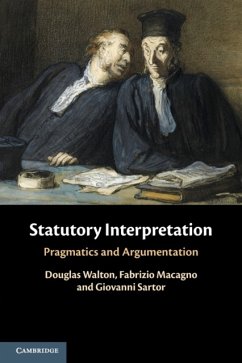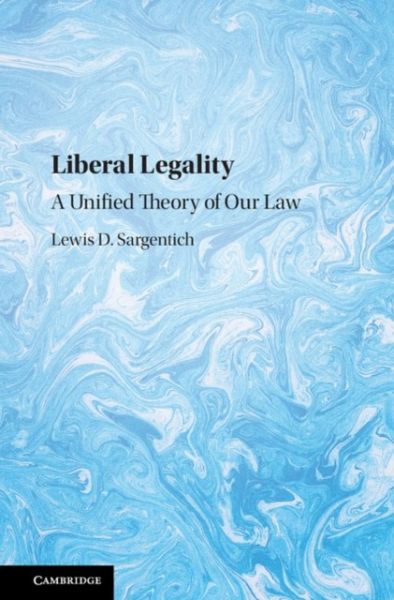
Liberal Legality
A Unified Theory of Our Law
Versandkostenfrei!
Versandfertig in über 4 Wochen
122,99 €
inkl. MwSt.
Weitere Ausgaben:

PAYBACK Punkte
61 °P sammeln!
"Legality is our topic. According to the vocabulary I use in this essay, legality is law's aspiration. It is law's excellence, a sought condition of law. When legality is realized, a regime of law exists in social life. What I am calling liberal legality, in particular, is a regime of law that helps to secure liberty. In this essay, liberal law is so called because it aspires to achieve a condition of lawfulness that is prized by a political position that prizes equal liberty"--




